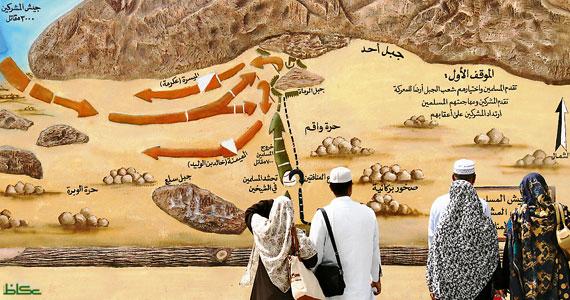 1
1
Step 1
Click on SignUp and provide all the required data.
 2
2
Step 2
You get an email for verification of your account. Click on Activate..
 3
3
Step 3
Once activated, you get a link to your dashboard. Click on it to open your dashboard.
 4
4
Step 4
Click on New Listing and Provide all details of your business and Click Post Business. As soon as we verify your listing, it will be available to Search and Find!



